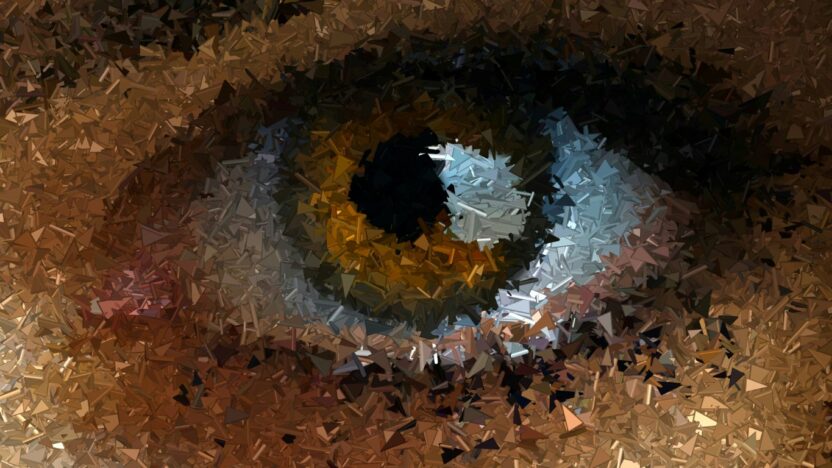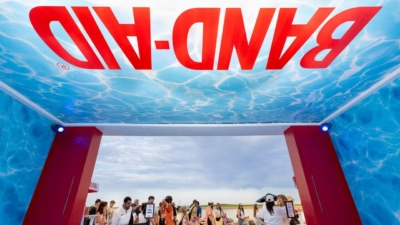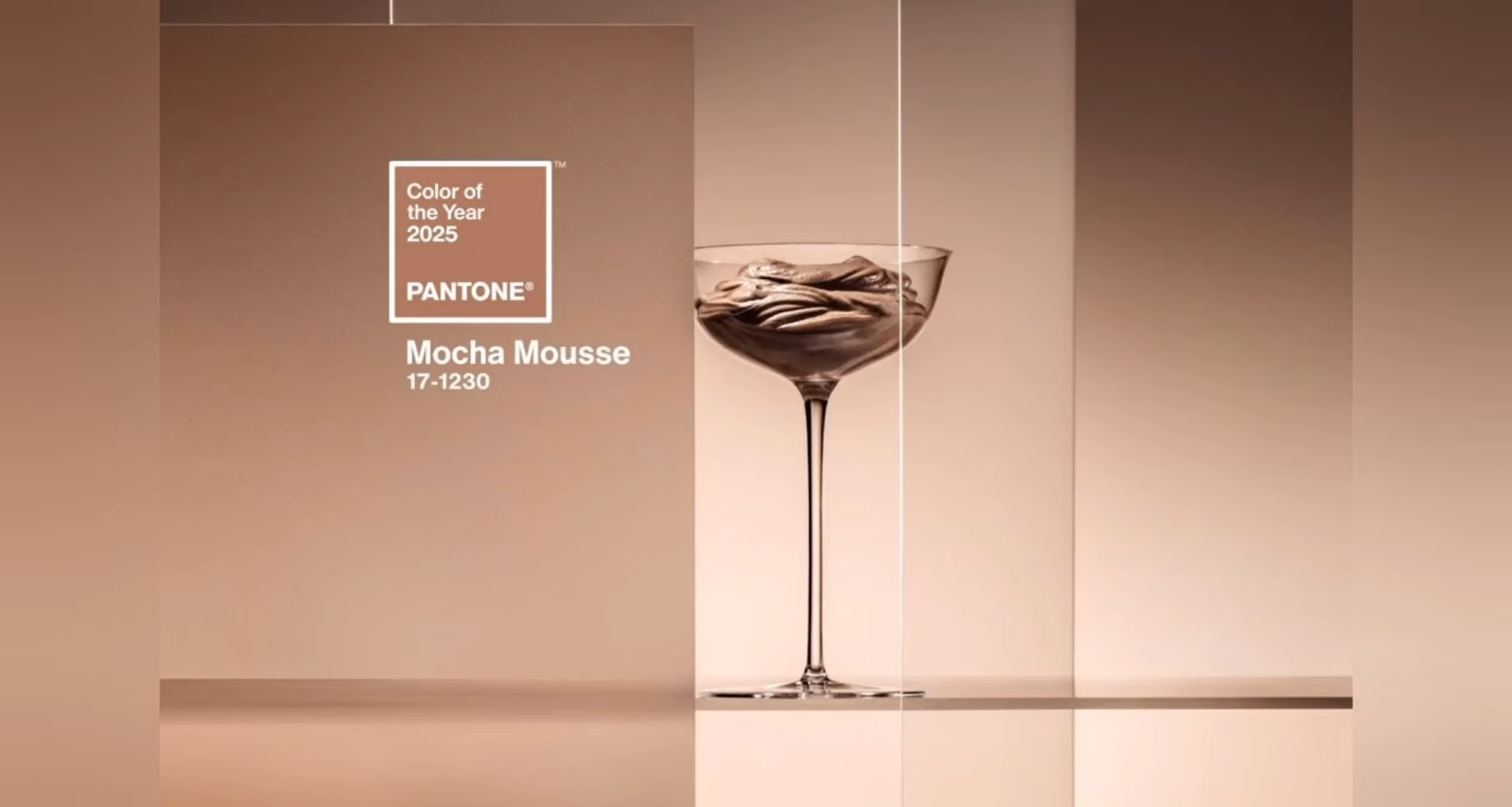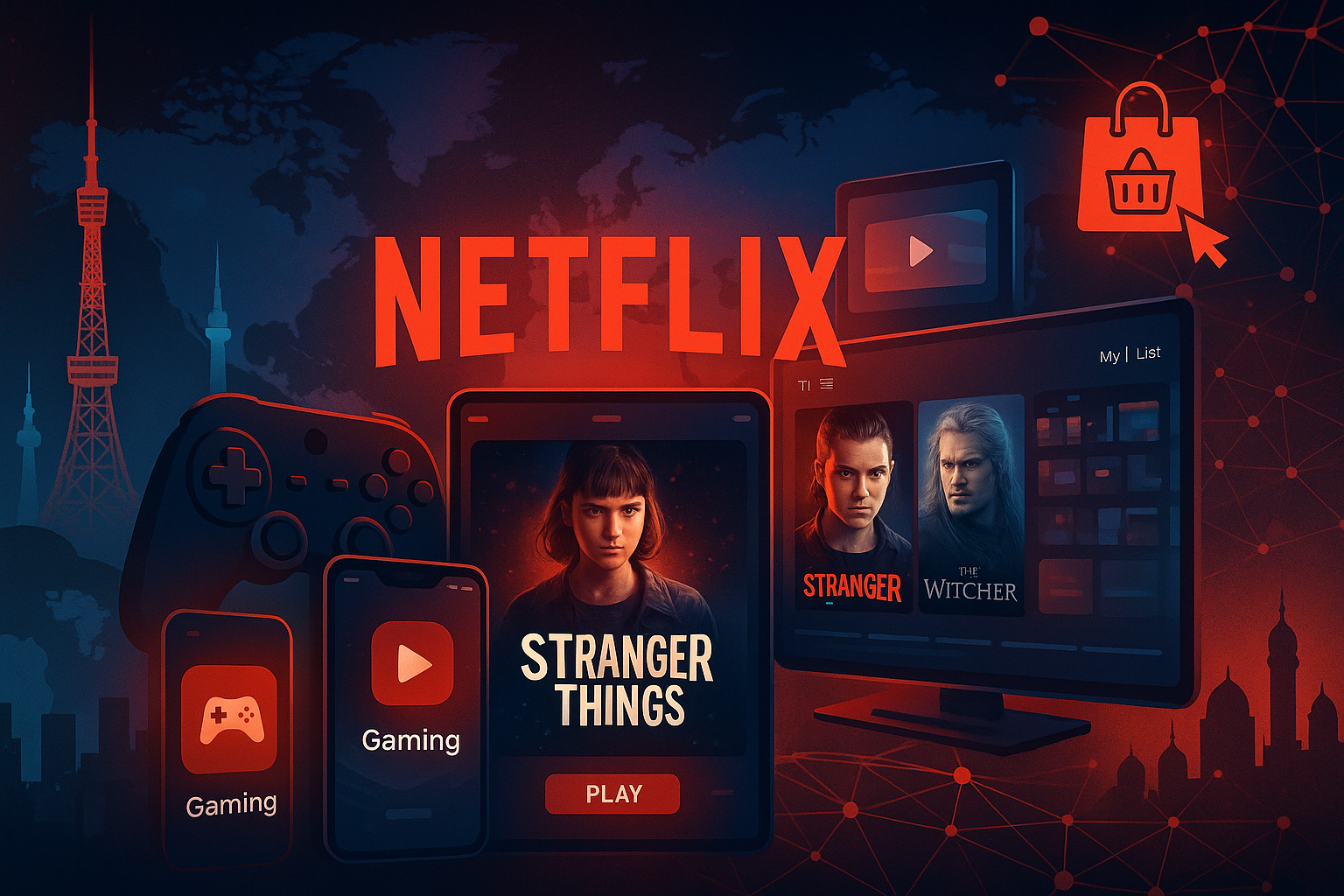In the fast-paced digital landscape, brands are fighting for the scarcest commodity of all: attention. According to Media Marketing, the new rule of brand relevance isn’t rooted in virtue signaling or moral messaging—it’s in humor, surprise, and entertainment.
Why Humor Matters More Than Ever
Consumers scroll through hundreds of meters of digital content daily. Serious, moral-heavy advertising gets lost in the noise, while humor sparks curiosity, relatability, and emotional connection.
Oracle’s 2024 Study (cited by Media Marketing) revealed:
-
90% of consumers remember a brand that made them laugh
-
72% are more likely to choose a brand that entertains them over a competitor
In short: humor sells, because humor sticks.
From Virtue to Entertainment: A Shift in Brand Strategy
For years, many brands leaned heavily into social causes, activism, and virtue-driven campaigns. While noble, these often feel disconnected from what people want to engage with.
Now, brands like Duolingo, Ryanair, and Old Spice are proving that lighthearted, unexpected, and witty content drives stronger consumer relationships.
The rule is simple: People don’t want brands to preach—they want them to feel human.
The Psychology of Humor in Branding
Humor isn’t just for laughs—it’s a cognitive shortcut that builds stronger recall. A witty tweet, a quirky ad, or a self-aware campaign taps into emotions that make a brand memorable and likeable.
This is especially true for Gen Z audiences, who value personality, authenticity, and relatability over perfection.
A Quick Guide for Brands: How to Use Humor Effectively
| Strategy | Why It Works |
|---|---|
| Stay authentic | Forced jokes fall flat. Let humor reflect your brand’s real personality. |
| Embrace your quirks | Lean into what makes your brand unique—even if it’s unconventional. |
| Be culturally aware | Timeliness matters. Use humor to tap into current conversations while they’re relevant. |
| Balance fun with value | Humor should grab attention, but also connect back to your product or message. |
The Future of Brand Relevance
Humor is no longer optional in the attention economy. Brands that dare to be playful, surprising, or even weird often earn more than likes—they earn loyalty.
In 2025 and beyond, the brands that make us laugh will be the ones we remember.



